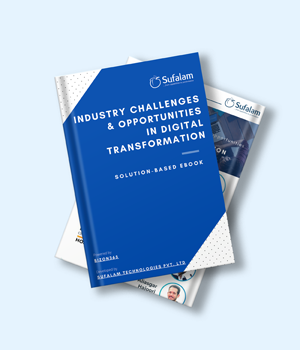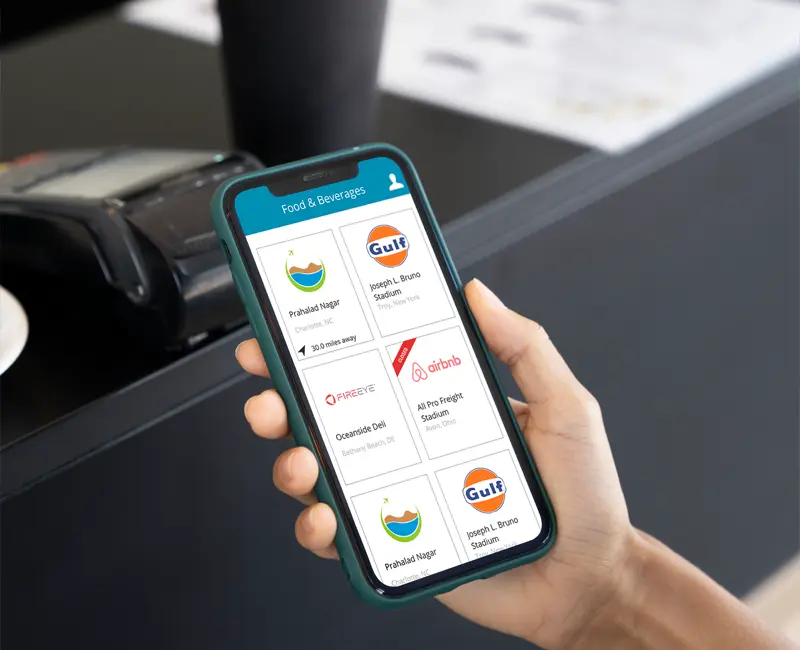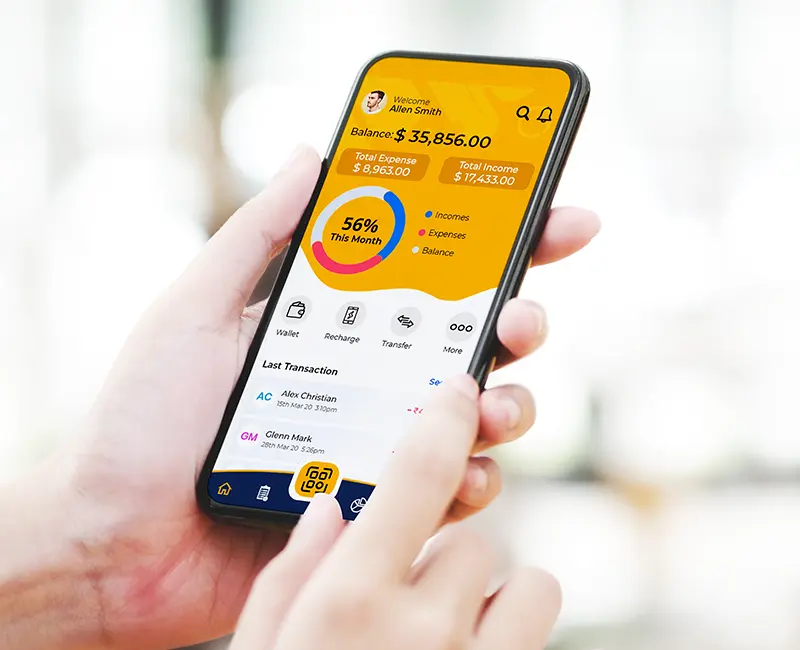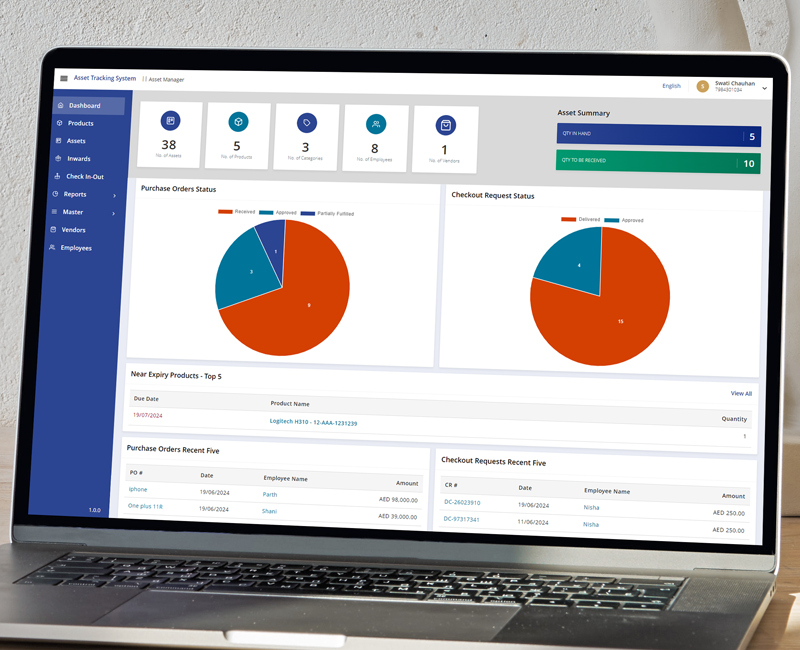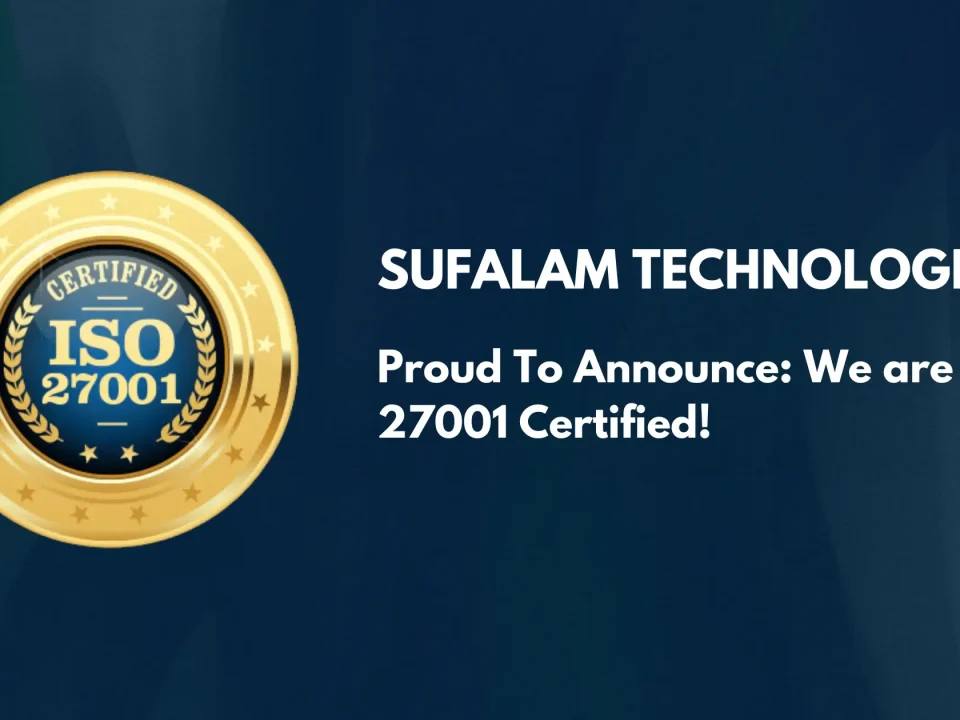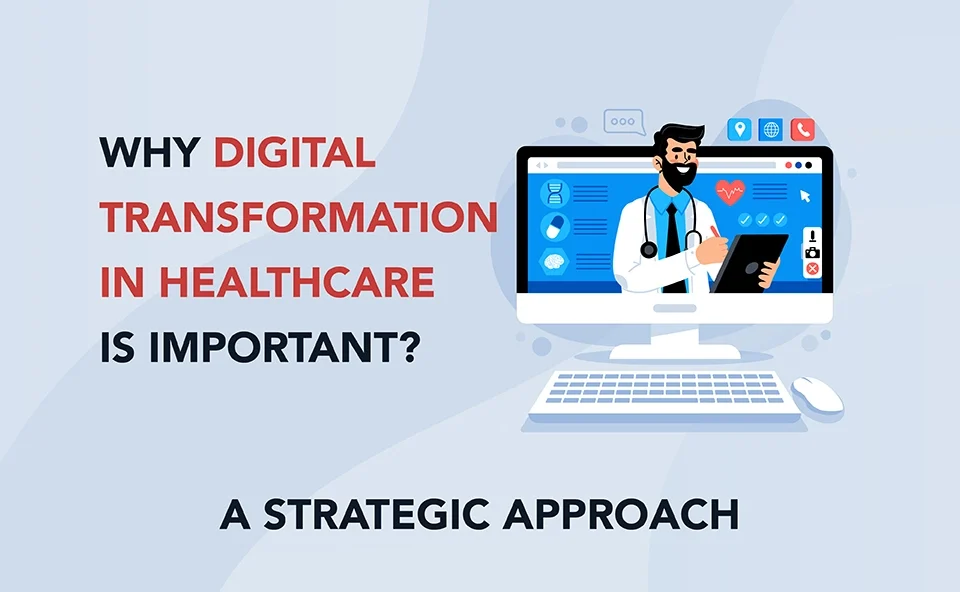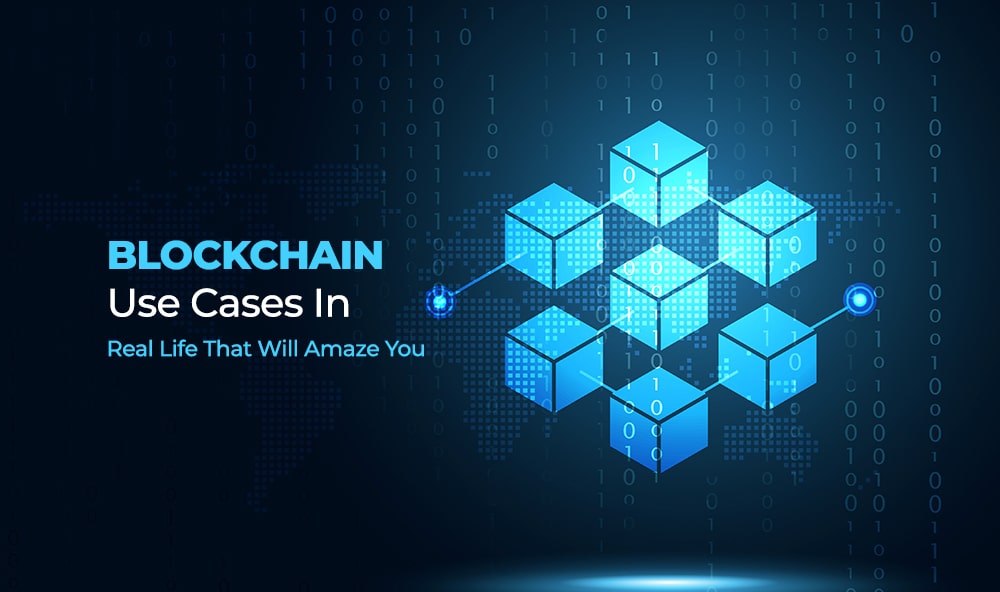
Blockchain is among the most groundbreaking inventions of the twenty-first century.
All industries are starting to take notice of blockchain technology, and numerous blockchain use cases are being developed in the business, government, and nonprofit sectors.
Blockchain provides users with protection, ease of access, and authenticity in all areas. We may gain some insight into its future potential by investigating the numerous ways in which it is currently used.
At its core, blockchain technology is simple to grasp. Among the most effective ways to comprehend blockchain is to stare at the practical application of blockchain technology and the services it provides. We’ve highlighted a few of its evolving apps in finance, business, government, and other companies below.
Payment Processing
Payment processing is another one of blockchain’s real-time blockchain mobile application development. Transferring money becomes incredibly difficult if you work or live in a different country.
Transferring money internationally can also result in a slew of fees. As a result, people earning overseas earn less than they do at home. Additionally, it takes a few extra days for a transaction to be completed.
Blockchain is the answer to money transfers, particularly international money transfers. They can spare you the hassle because blockchain makes it possible to send money instantly, even across borders. Banks also use cryptocurrencies to manage overseas funds because they are faster and less expensive than traditional methods.
Smart Contracts
Smart contracts are yet another practical application of blockchain technology. Consumers and insurers can use blockchain to handle claims safely and transparently.
All contract terms and claims can be stored on the blockchain and substantiated by the network, eliminating invalid claims by rejecting numerous claims on the same accident.
The computer code pursues a relatively simple instruction to make sure that all parties receive the advantages or penalties specified in the contract and required by the actions.
Most industries now use smart contracts for a wide range of purposes that were previously controlled by paper contracts. In addition, the blockchain keeps a permanent mark on every action and response in the transaction.
Supply Chain Management
The second most convincing application development idea of blockchain technology is in supply chain management. Accountability is among organizations’ most difficult issues when handling their supply chain.
Blockchains enable multiple parties to connect a database in order to serve as a single point of truth. Transactions that have been recorded are irreversible and, therefore, cannot be altered.
Blockchains enable a product’s authenticity and all of its touchpoints to be outlined in real-time. Blockchain contributes to increased transparency in an opaque network, which aids in the prevention of fake goods and thefts, enhances compliance requirements and greatly reduces documentation and costs.
End users can leverage blockchain uses to determine whether products are exactly what they claim to be or not.
Healthcare
The application development opportunities of blockchain technology in healthcare appear limitless. Many hospitals worldwide have begun to migrate their patient information from conventional databases and cloud-based database systems to Blockchain-based databases.
It aids hospitals in data management because records are distributed and can now be accessed by any labs, hospitals, or doctors. It even enables you to begin the clinical examination without wasting any time or effort.
The siloing of data generated by connected medical devices is currently a significant problem, but blockchain might be the connection that interconnects those silos.
Blockchain technology enables health professionals and researchers to create ground-breaking drugs and treatments based on genomic profiles.
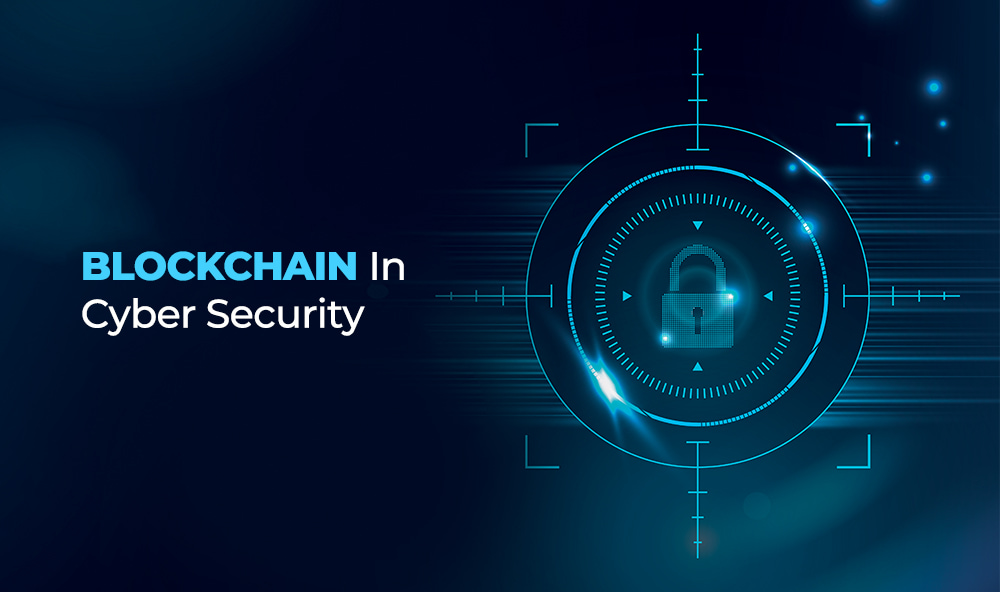
CyberSecurity
There is no such thing as a completely secure platform or information system. That is why cybersecurity has become so complex. However, we can anticipate improved “cyber-security” in the coming years.
It is possible thanks to blockchain technology. Blockchain technology has the potential to solve many system security issues.
With the blockchain uses of distributed storage solutions, blockchain can enhance cybersecurity. Because data is stored decentralized, hackers will not have a single point of attack. Most businesses depend heavily on a centralized system, which is not an ideal method of storing data — at least not from a security perspective.
DNS security is also improving as a result of decentralization. It can aid in the reduction of DDoS attacks.
Powerful Digital Identity
As blockchain is diversified, there is no consolidated point of vulnerability for hackers to exploit, which could make it an ideal blockchain uses for digital identity administration.
A self-sovereign ID can be utilized to prove identity without requiring a person to generate various documents and paperwork each time their identification is validated.
The digital solution ID gathers information online about a user’s identity, such as social security numbers, medical history, and social networking site credentials, and securely stores it on the blockchain.
It gives individuals more control over their private information, allowing them to transact more securely online, but it also removes the power from businesses to monetize this data, giving users back control.
Helps Education Industry
In the world of academia, all of the student’s grade levels and other data must be fact-checked before a credential, diploma, or degree is awarded. This time-consuming and costly procedure necessitates precision yet still has a high risk of human error. Eliminating it lowers management costs.
Despite the fact that academic data is private, it is still preserved by third parties. Blockchain can alter the practice by providing students control of data as their academic information or documents are approved and stored on a blockchain.
Another advantage of blockchain is that its standards are universally accepted. If these norms are embraced, students will no longer need to translate and verify their diplomas when applying for jobs in other countries, simplifying the process even further.
Non-Fungible Tokens(NFT)
NFTs, or Non-Fungible Tokens, are yet another tokenized blockchain application. The creative internet community has largely embraced NFTs to generate a steady income from their work. Artists accomplish this by ‘tokenizing’ their tasks and selling them as one-of-a-kind or limited series for cryptocurrency.
Artists have taken to numerous blockchain-based systems to accomplish this. This system enables artists to showcase a portfolio of their work, which art enthusiasts can browse.
Musicians and sports teams are starting to sell goods or auction off one-of-a-kind appears to work that are occasionally sold for thousands of dollars in cryptocurrency.
Streamlines The Real Estate Industry
The real estate industry has already been impacted by blockchain technology. To begin with, a shared digital property database allows for quick, secure, and cost-effective interaction with it. Property sales, purchases, and rentals are fully digitalized and more efficient. Reducing the number of intermediaries lowers the cost of real estate transactions.
Furthermore, the immutability of blockchain allows for greater transparency in the real estate market. Because it is impossible to conceal the true value of property transactions, blockchain technology may aid in the prevention of tax evasion and even the fight against money laundering.
Blockchain enables the purchase and trading of small portions of specific property, making the real estate industry more available to small-capital investors.
Conclusion
It brings us to the end of our nine practical blockchain uses. We hope this article has given you a clear understanding of what blockchain can do in real-world blockchain application development.
Blockchain technology provides numerous opportunities for forward-thinking businesses. The advantages of greater transparency, secure management, and cost savings that decentralization brings are demonstrated by a number of blockchain use cases. There are many different blockchain practical uses of blockchain technology in each of the industries.
All industries can be managed seamlessly with the help of payment tracking, real-time data management, and traceability, which also helps businesses maintain their competitiveness.
We hope you found this article helpful, and if you are looking for a top-notch Blockchain implementation partner, then connect with Sufalam Technologies & we will help you get started.

